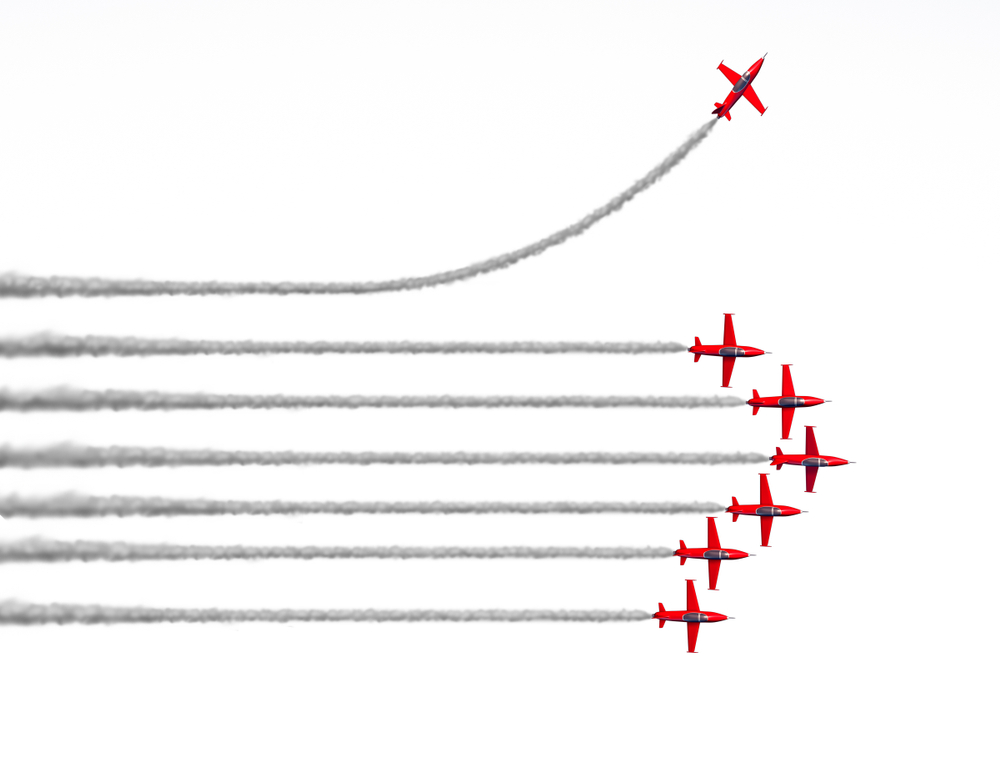It was not President Trump’s doing. His sometimes hectic and other times unorthodox foreign policy only forced European leaders to say it out loud: the security umbrella guaranteed by the US cannot be taken for granted as geopolitical priorities shift and defense capabilities morph.
Even more worryingly, as a recent analysis in Foreign Affairs (America Is Back – but for How Long?), “the concerns about the nature and longevity of American commitments extend beyond Trump’s legacy overseas (…) Allies of the United States are also reacting to its internal politics and, in particular, to a deepening partisan divide that creates uncertainty about the future of US foreign policy.”
As partisan conflicts are more and more likely to influence the way foreign affairs are conducted, the need for alternatives, well balances, will grow. Just like with doubts about the long-term sustainability of any accomplishment: if the next President’s main foreign policy will be to reverse everything his or her predecessor did, how can stability and predictability be guaranteed? Will the next US president also say, “I want to make it clear: NATO is critically important for US interests”, just like President Biden said on June 14, arriving at the NATO summit?
Partisan dynamics could derail tenuous negotiations or even deter leaders from undertaking ambitious or complex negotiations in the first place.
Though there are some continuous elements (like the demand, rather, pressure for more defense spending to meet the 2 percent requirement of NATO), the uncertainty generated by US domestic politics led to the rise of new (or renewed) calls for European strategic independence (or various, similar terms with similar or slightly differing meanings like European sovereignty or strategic autonomy). Even staunch transatlantic fans, like German Chancellor Angela Merkel came to the conclusion, that “Europe must take its destiny into its own hands”.
Irrespective of the concrete definition/extent we accept, strategic autonomy/independence (or European sovereignty) has two pillars.
There is more agreement on the first, on the need to improve defense and technological capabilities; while the other part, the comprehensive vision, namely the agreement on what, how, when and where, within what kinds of global environment and to what ends those capabilities should be used, is a more debated concept, given that it is a political choice.
The “what” can encompass a wide range of initiatives, depending on which country or politician is talking about it, like more assertive trade defense instruments or the strengthening of the European industry, as it has been recently outlined by Messrs. Le Maire and Altmeier, or during the COVID-19 pandemic, the pharmaceutical industry, but also enhanced defense cooperation.
The question of “how realistic” any of those visions is or will be, is and will be determined by the capabilities.
With the sense of security provided by Article 5 of the North Atlantic Treaty, defense capabilities meant not much in terms of negotiating power in between European countries.
In a situation somewhat similar to today’s; in the early 1970s, with the US being preoccupied with the Vietnam-war, France, under Valéry Giscard d’Estaing, had already promoted stronger European independence. And just like that, after the end of the Cold War, Jacques Chirac also campaigned for a “European power”. It was then when terms like Europe as a “power multiplier” were coined. (The PC version of Charles de Gaulle’s “Archimedes’ lever”.)
It fits into this trend that France became the main engine behind enhancing European strategic independence. President Macron gave a speech on 26 September 2017, at the prestigious Sorbonne University, in which he stated that the key parts of “European sovereignty” were defense, border protection, foreign policy and the economy.
The order was not coincidental, Paris has never abandoned its own power assets, such as its nuclear power status and its will and readiness to maintain an autonomous capacity for military projection and intervention. This gives it a strategic advantage in any negotiation about “independence”.
Even if for a prolonged time (and to a great extent, today, too) Germany defined European power more in terms of economic and diplomatic power, the tide has been slowly changing in Berlin, too. (Well, unless the Green Party wins the elections in autumn, anyways.)
Though the German population is still far less happy than the French one when it comes to support military interventions, German defense expenditure has been on the rise for years. The country reported a record high in defense spending for 2021, submitting a budget of €53 billion for this year, that is a 3.2 percent increase over 2020.
If this trend continues, and given that US domestic politics are unlikely to change in the short and medium turn, defense capabilities will slowly, but surely will be subject of negotiations among Europeans. Those, who can offer more in terms of defense capabilities, let it be manpower, equipment or (military) industrial capabilities, might have more leverage.
